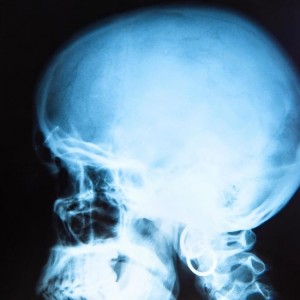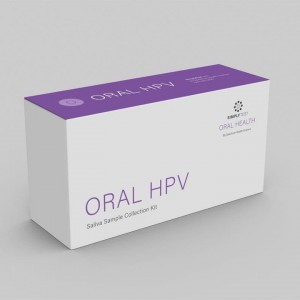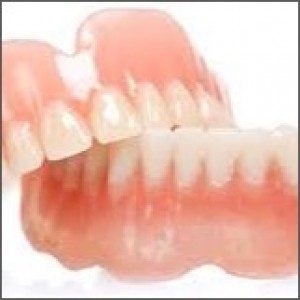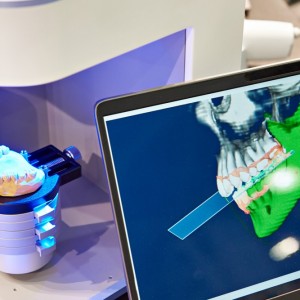
Eating disorders and Oral health: is there any correlation?
Alessandra Abbà
Eating disorders (ED), such as Anorexia or Bulimia, are serious psycho-social illnesses that affect adults and adolescents mainly. Individuals affected by eating disorders can also have additional health diseases including diabetes, metabolic, cardiovascular and endocrine issues. These latter lead to xerostomia and other oral disorders like dental caries and dental erosion deriving from respectively lack of saliva together with bad dietary habits and self-induced vomit.
Periodontal diseases are associated with eating disorders too. In fact individuals suffering from eating disorders show a lack of oral hygiene.
Eating disorders are correlated to the self-perception of the patients and oral diseases may impact on their ability to socialize, leading to a deteriorations in their conditions. In this regard, an adequate oral care education became of primary importance. The hypothesis of Johansson's study is that diet and other behavioral habits differs among eating disorders patients depending on their disease state.
Materials and Methods
This study includes 54 patients (50 women and 4 men with a mean age 21.5 years) who initiated treatment in an eating disorders clinic during 1 year. For the control group 54 sex-and age-matched partecipants were selected from a public dental health clinic. Each patient completed a comprehensive questionnaire of 196 questions on sociodemographic factors, general and oral health including dietary and oral hygiene habits. The same question was always given twice by the eating disorders group, according to the self-perception of the patients, when they were feeling “relatively good” (ED-good) and “bad” (ED-bad).
Results
- Soft drink: The ED-good patients reported significantly higher intake of caffeine-containing, and cola light soft drinks and both Ed-good and ED-bad groups reported a lower intake of sweetened carbonated drinks compared to controls;
- Meal and sweet: ED-bad reported significantly lower intake of meal and sweet;
- Oral hygiene: both study groups brushed their teeth more frequently than controls but ED patients went less often to the dentist for checkups than controls;
- Awareness of risk related to bad diet: there is no difference between patients and controls;
- Vomiting ED patients differed in several of the parameters related to dietary and other behaviors compared to no vomiting subjects.
Conclusions
Eating disorders patients’ dietary habits in combination with the disease expression may be harmful for their oral health. According to the results of this study, the hypothesis that diet and other behavioral habits differ among eating disorders patients depending on their disease state was verified. Hence, it can be concluded that oral care education program should integrate to eating disorders patients’ therapy even for the acquisition of better self-image perception.
For additional information: Diet and behavioral habits related to oral health in eating disorder patients: a matched case-control study
 Tag
Tag
 Related articles
Related articles
Oral pathology 22 January 2024
There is no doubt, as amply demonstrated by the scientific literature, that mental and general health are closely linked.
Editorials 03 August 2023
Amongst displaced populations, refugees represent a particularly vulnerable and marginalized group, often facing significant barriers in accessing health care, including oral health services.
Periodontology 10 July 2023
There are conflicting reports on the relationship between vitamin D and periodontal disease. This research aimed to analyze the association between serum 25(OH)D3, a vitamin D precursor and...
The International Dental Federation (FDI) has produced a comprehensive white paper that provides a contemporaneous and state-of-the art overview of the situation as well as practical solutions for...
Dental materials 31 January 2023
Orthodontic Supplies Market to Hit $11.2B by 2030: P&S Intelligence
Growth is expected based on increased usage of orthodontic supplies to alter the alignment of teeth, improve bite and to improve overall appearance.
 Read more
Read more
Much like EMTs rushing to the scene after an accident, stem cells hurry to the site of a skull fracture to start mending the damage. A new finding has uncovered the signaling mechanism that triggers...
Products 05 November 2025
SimplyTest has launched a groundbreaking saliva-based test to detect high-risk strains of oral human papillomavirus (HPV), a major cause of oropharyngeal cancers.
News 05 November 2025
Perimetrics, Inc., a dental technology company pioneering quantitative diagnostics, announced today that the U.S. Food and Drug Administration (FDA) has granted clearance for the InnerView...
News 05 November 2025
On October 15, open enrollment for Medicare began nationwide. Hundreds of thousands of seniors in New Jersey will once again face the challenge of finding the right Medicare coverage, including the...
Digital Dentistry 04 November 2025
Digitalisation is an expanding field in dentistry and implementation of digital teaching methods in dental education is an essential part of modern education.















